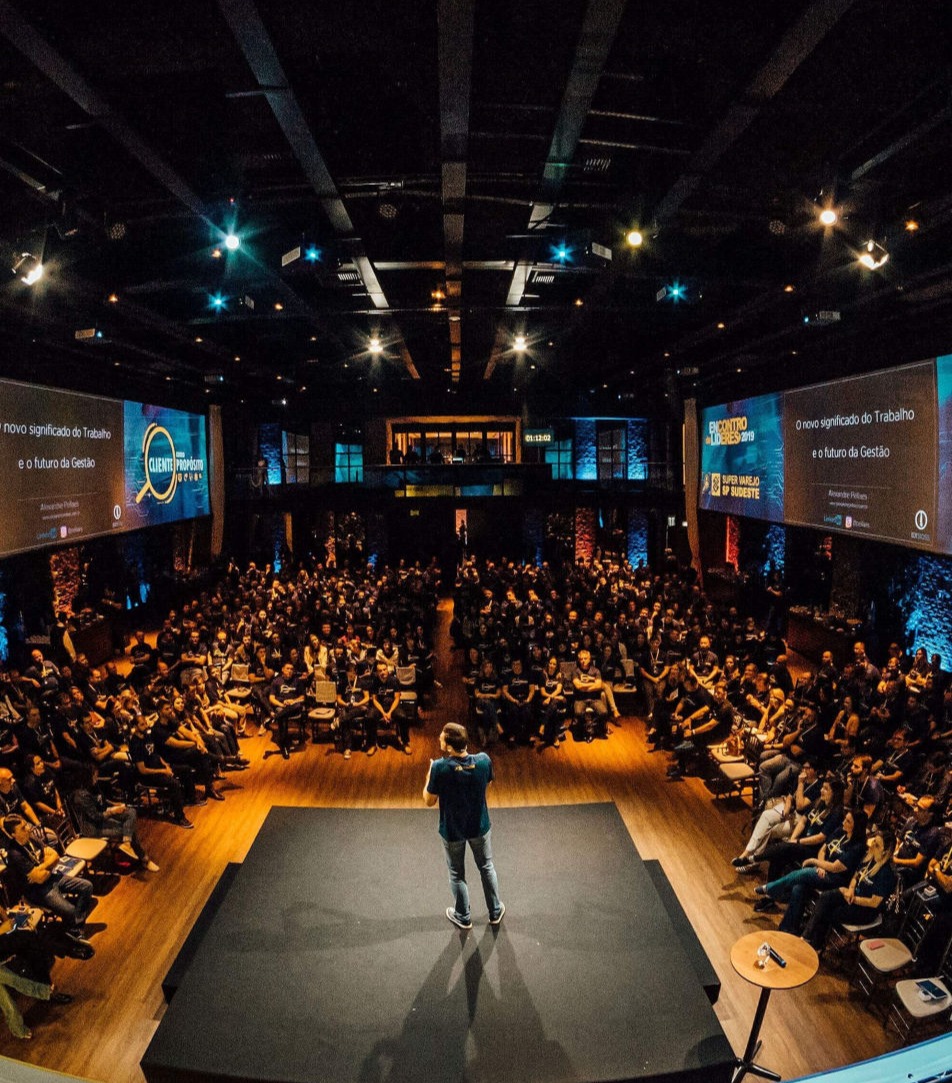LEADERSHIP
A true leader is known by the fact that his people always do an excellent job in some mysterious way (John C. Maxwell). Charisma - respect - style. These are the qualities that every true leader wants to have. Leadership is mainly work on oneself and the development of one's own qualities.
Module A

LEADERSHIP, DELEGATION, COUCHING (2 days)
The training is intended for managers who are interested in improving their skills and knowledge in the field of leadership and delegation - key competencies in achieving results through subordinates. By delegating correctly, you will achieve an increase in work efficiency, profit, stability and competitiveness of the company.
• management - leadership - leadership, the difference between management and leadership (manager and leader) • characteristics of a leader, the role of corporate leaders • basic principles of leading subordinates, personality traits of managers • elimination of micromanagement • mapping one's strengths and weaknesses and how to work on them • leadership of the team, the leader's role in introducing changes • authority as a mosaic of relationships, authority and discipline, "kind" authorities • developing self-confidence and not losing feelings • dividing the tasks of subordinates, assigning tasks, creating rules of the game • delegation of powers and rules of proper delegation • motivational benefit of delegation • the use of coaching for better team results • the benefit of coaching in finding solutions to problems • asking coaching questions
Module B

ASSERTIVENESS, COMMUNICATION, AUTHORITY
(2 days)
The training is intended for all those who work on themselves to improve their communication skills and at the same time want to understand their communication partners. Assertive communication in combination with authority and charisma is a key competence of executives - leaders in fulfilling tasks and achieving goals.
• self-confidence and self-esteem as a prerequisite for assertive behavior • assertive techniques and their use in practice • communication styles and forms of behavior: aggressiveness, passivity, manipulation • ways of dealing with individual types of people • how to implement controversial measures and how to stick to your position • how to assert your interests or interests of one's own group • how to explain desirable procedures (how to formulate tasks, goals, action plans) • praise and constructive criticism, giving feedback • rejecting unreasonable demands of others • solving conflicts between two workers • how to communicate in tense situations • using assertive communication when using management tools - meetings, conferences, ... • formal and informal authority and unwritten rules for the use of power - authority • when to use the powers resulting from authority and from the job position • how to appropriately combine leadership with authority and have balanced relationships at the same time
Module C

MOTIVATION, EVALUATION, REMUNERATION (2 days)
You will master several indirect methods of achieving goals, develop the ability to increase productivity and stabilize the satisfaction of your own work group and influence the success of the company. You will learn how to use motivational techniques and what type of people it works on.
• motivational techniques, giving information, recognition • motivation for change and improvement, reward models, motivation tools • how a lack of motivation manifests itself • internal and external motivation • financial and non-financial motivation and how demotivation and frustration work, the purpose of motivation and team motivation • long-term instructing and sharing comments • periodic control and evaluation of performance, support of individuality and initiative • motivation, performance evaluation and employee satisfaction, methods and techniques of evaluation • verbal and non-verbal methods, goals and outputs from evaluation, conducting evaluation interview • "flow" motivation without motivation • optimal mix of salary and benefits in the reward system • determination of the action plan